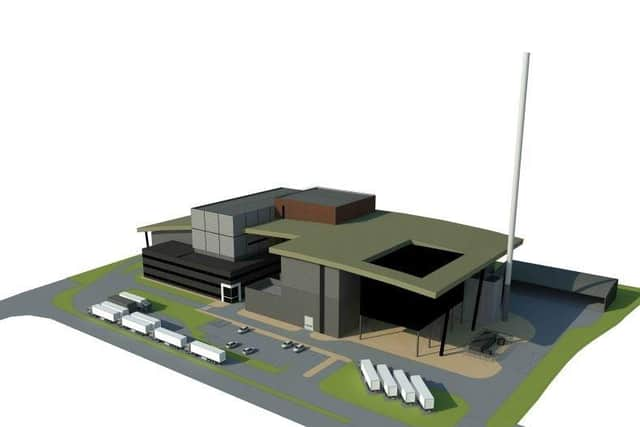‘Disappointment’ as go-ahead is given for new Horsham incinerator
and live on Freeview channel 276
The recycling, recovery and renewable engergy centre is to be sited on land off Langhurstwood Road.
The plans - put forward by waste firm Britaniacrest - were originally turned down by West Sussex County Council in 2018 and a public inquiry was launched in November.
Advertisement
Hide AdAdvertisement
Hide AdAnd on Thursday planning inspector Ian Jenkins ruled that the incinerator - which aims to deal with up to 230,000 tonnes of waste a year by burning any rubbish it cannont recycle - can go ahead.


Peter Catchpole, chairman of the protest group No Incinerator 4 Horsham, said: “We are very disappointed at the Planning Inspector’s decision, we now need time to look at the detail within the decision and how the conditions will be applied to it.”
Strong concerns over the incinterator were put forward by the group who fear that the incinerator will have an ‘unacceptable impact’ on the area causing ‘significant harm.’
However, the planning inspector concluded that the incinerator would ‘make a significant contribution towards meeting the identified need for waste recovery facilities’ and would be located on a site ‘allocated for such purposes.’
Advertisement
Hide AdAdvertisement
Hide AdBritaniacrest director Chris Foss, said: “There’s an urgent need in West Sussex and across the south of England for new waste infrastructure.
“The alternative is for more UK-based landfill sites, which is the least sustainable option for managing non-recyclable waste.”
He said that the new waste centre would “sustainably treat non-recyclable waste by using it as a valuable resource to generate electricity and heat to power homes and businesses.”